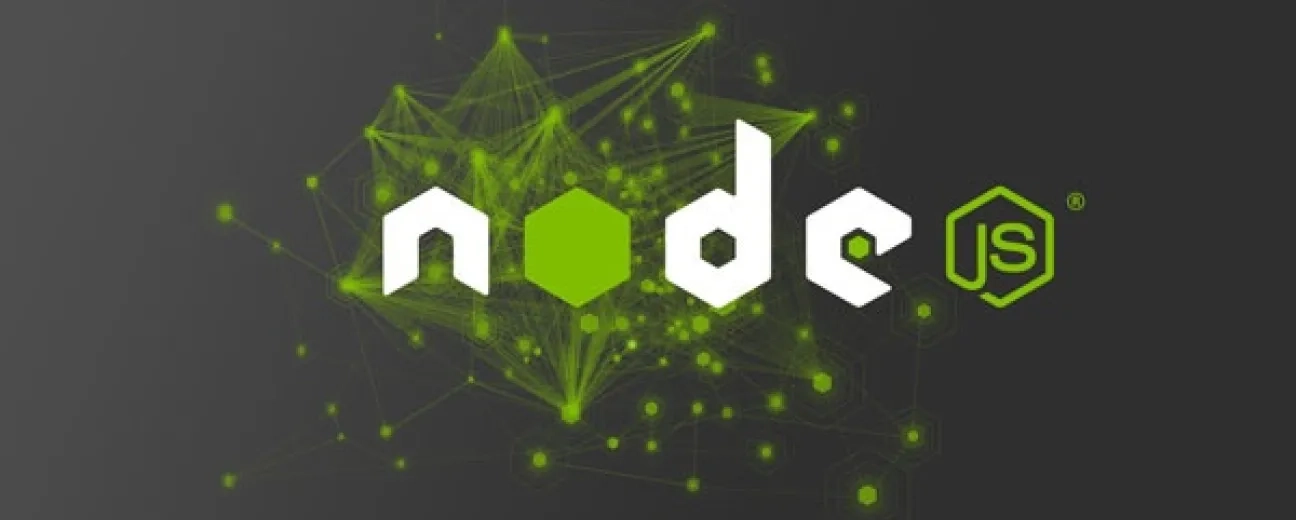
We’re excited to hear your project.
Let’s collaborate!

Not exactly the “jumping on the latest trend" type? Therefore, you're still a bit hesitant to get on the Node.js bandwagon? And this because you still haven't got some crystal-clear answers to your “What is Node.js used for?” question?
You're legitimately hesitant then! For everyone's gone crazy over it these days, but you know that there must be certain factors to consider.
Specific use cases for Node.js, as well as cases when... well... it just isn't the best idea.
You're well aware that there are some particular applications that call precisely for this JavaScript runtime environment. And you need to be 101% sure that your project fits the “profile”. One of the “best use cases of Node.js”.
But let's not meander any longer and get you some clear answers to your questions instead:
Why should Node.js be on your list of... options, in the first place? On your shortlist of technologies that might power your next project?
There must be some “bundles of convenience”, some major benefits that you can “reap” from using it, right? Benefits that make it worth building your project using this specific environment.
Well, let us shed some light on these clear advantages of developing your application in Node.js:
Now if I was to trim this list to just 3 answers to your “what is Node.js used for?” dilemma, it's these 3 key benefits that I'd stubbornly stick to:
Now back to the very question that started this post:
“What exactly is Node.js good/used for?”
There are specific app projects that this server-side JavaScript technology makes the best choice for:
And generally speaking any type of fast-upload system challenged to respond, in real-time, to an “avalanche” of incoming requests.
This is the use case that Node.js “rocks at”. Where you get to make the most of its capabilities.
Apps geared at processing high volumes of short messages, where low latency becomes critical, make the best possible answer to your “what is Node.js used for?” question.
Here's why:
In short: if scalability and real-time data processing are 2 critical factors to consider when choosing the best technology for your project, think Node.js!
It's built to suit specifically those situations that are “overly demanding” of our servers.
...applications using VoIP or specific hardware.
Projects involving intense data streaming — audio and video files — make the best use cases for Node.js.
Think Trello or Uber-alike apps, that depend on a server-side server technology enabling them to scale out on multi-CPU servers.
Node.js, thanks to its cluster-based architecture, will always make the best choice for apps depending on a technology that would spread out the load across a multi-core server.
Note: speaking of scalability requirements, should I also mention that Node.js is... conveniently lightweight, too?
“What is Node.js used for?”
For powering apps for which online data is of critical importance. Like these 2 examples here!
Being an event-driven model of programming, the flow is determined by messages, user actions, and other specific events of this kind.
Does this clear the picture for you a bit more?
As a conclusion or “final” answer to your “what is Node.js used for?” type of dilemma, the key takeaway from this post here is that:
Node.js is used primarily for web applications, but it's starting to get used more and more often for developing enterprise apps, too, thanks to its versatility.
What does the future have in store for this increasingly (still) popular technology:

We’re excited to hear your project.
Let’s collaborate!